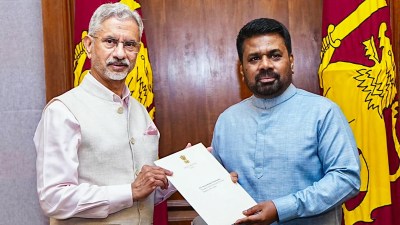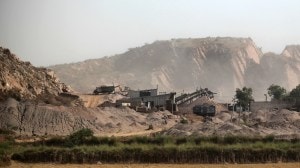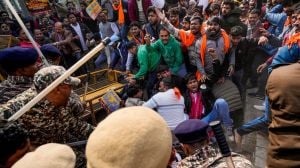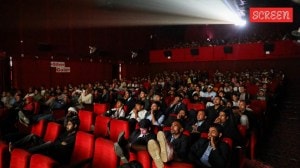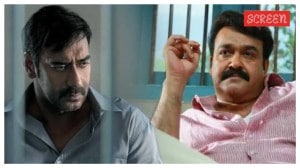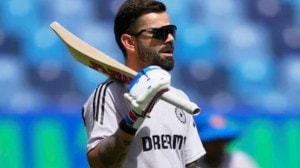Click here to follow Screen Digital on YouTube and stay updated with the latest from the world of cinema.
Rocket Boys review: An absorbing state-of-the-nation saga
Rocket Boys review: Both Jim Sarbh and Ishwak Singh, in the titular parts of Homi J Bhabha and Vikram A Sarabhai, are excellent.
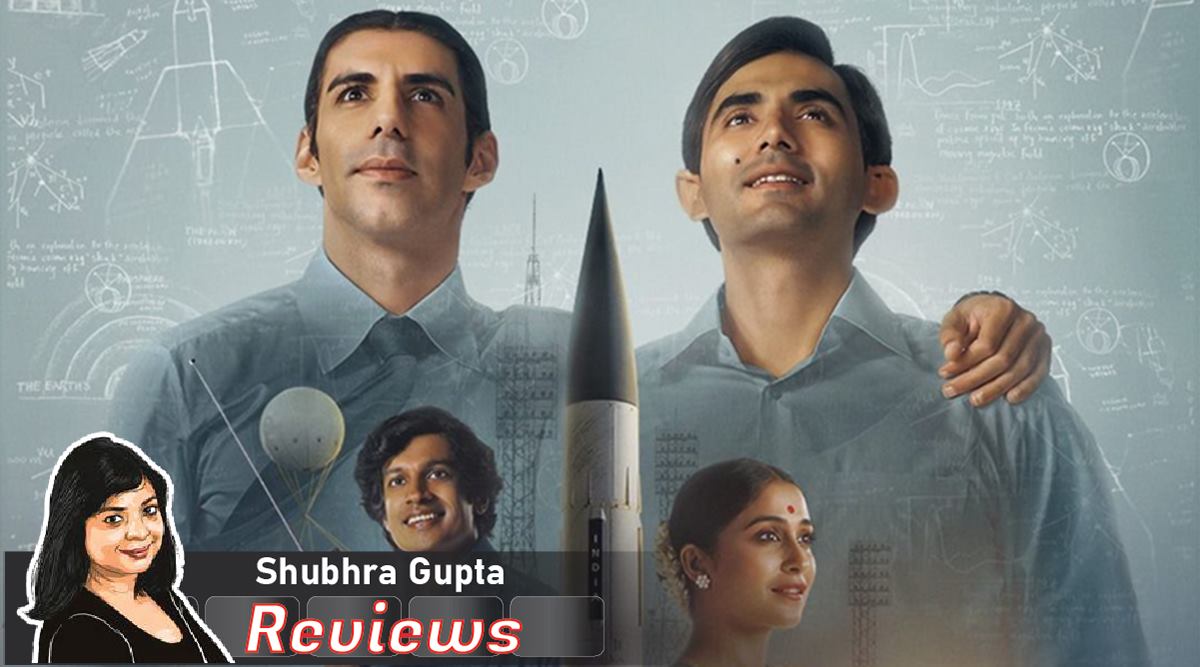 Rocket Boys is streaming on SonyLIV.
Rocket Boys is streaming on SonyLIV.‘Rocket Boys’ is about many spectacular firsts. India’s tryst with destiny, and freedom. India’s first space programme. India’s first nuclear weapon. India’s first clutch of brilliant scientists who helped set the country on the path of ‘atmanirbharta’: yes, that word, which is enjoying so much currency these days, is used with great earnestness by one of the lead characters. The irony is inescapable. To talk of self-reliance at a time when literally nothing was made in India, made eminent sense; how is it that, so many decades later, make-in-India is a still mantra?
Wait, we are getting ahead of ourselves. With such a historic setting, and such heavyweight real-life characters who helped shape the nation, and their colourful real-life stories, the danger was that the eight-part series may sink under its own importance. But season one of ‘Rocket Boys’, streaming on SonyLIV, makes the most of its incredible source material and comes up with a well-produced, absorbing state-of-the-nation saga.
Prestige stories can be incredibly dull, and making science accessible to people like you and me can mean either stodgy, talky, long-winded lessons or patronising lets-make-it-easy-for-morons capsules. ‘Rocket Boys’ does neither: it wisely keeps it science simple, and embeds it in lived experiences. It humanises its larger than life figures, toggles quite properly between being expansive and telescopic in its execution, only going off the grid in a couple of places, and results in being both instructive and entertaining.
It begins with snapshot glimpses of the departing British rulers, yielding to a messy, chaotic, but free country, coasting on ancient wisdoms yet bereft of so many bare necessities. The worst of times, the best of times. This is the India that Homi Bhabha and Vikram Sarabhai want to take into a new age, where ‘bijli, sadak, paani’ (electricity, roads, drinking water) and much more would be a reality for each Indian household. They dreamt big, these pioneers: for them, the frontiers of space and science were challenges to be explored and expanded for the greater good of their country. They were not just men of vision and imagination, they were also great patriots.
Both Jim Sarbh and Ishwak Singh, in the titular parts of Homi J Bhabha and Vikram A Sarabhai, are excellent. We see them, briefly, as promising students in their redbrick English colleges returning to an India in the throes of the freedom struggle. Both come from privilege and wealth, and both know how to use their connections to push through their ideas. Homi’s father Jehangir is a well-regarded lawyer who lives with his gracious wife in a gorgeously-appointed Bombay mansion; Vikram’s family owns textile mills in Ahmedabad. We are familiar with Sarbh’s flamboyant flourishes, and he can grandstand like there’s no tomorrow, but here he is given a chance to show his vulnerable side. And Ishwak, who has the less showy part, fills it with easy-going conviction, even if he comes off a shade bland in a few places.
What’s nice is that the series doesn’t treat these two with kid-gloves. Bhabha is not a man to commit, so the very perky Parwana Irani (that is the Parsi-est name I’ve heard, says Homi, with a smile) aka Pipsy (Saba Azad, very good) is left looking for a man who will make an honest woman of her. And Vikram who successfully chases the lovely Bharatnatyam dancer Mrinalini Sarabhai (Regina Cassandra, also very good), she of the limpid eyes and smile, is not averse to straying. These weak spots make these men real, not just respectable figures who magicked up, with the help of their equally able cohorts, India’s first nuclear reactor and launched its first rocket in space.
Other performances stand out. There’s Rajit Kapur as Nehru, India’s first PM who is shown getting a shellacking from an MP in Parliament, and then delivering himself of a tantrum: Bhabha and Nehru were friends in real life, and here we see them as equals, according each other testy respect laced with real affection. There’s Dibyendu Bhattacharya as Raza Mehdi, Bhabha’s bitter rival and as able a scientist. Arjun Radhakrishnan is introduced as A P J Abdul Kalam, a rocket boy from a modest background who is a big part of the maiden ISRO launch with a very ‘desi jugaad’: he has a bigger part, we are told, in season two. K C Shankar, as Bhabha’s faithful colleague, is specially impressive. And in a bit part, Darius Shroff as Jehangir Bhabha is delightful. Namit Das as a reporter with dodgy antecedents should have got more screen time, though, and the CIA bunch, keeping tabs on Bhabha’s nuclear ambitions, comes off as buffoons.
There are a few other niggles. Some of the dialogue seems far too contemporary. ‘I’m sorry?’, goes a character, and instantly you think that it should have been, more appropriate for its time, ‘pardon me’? Another character says: ‘you got this. You can do this’. You got this? Back in the 50s and 60s? Some changes of heart are so sudden so as to feel contrived: Vikram’s rousing speech to his father’s striking mill workers is enough for them to switch their loyalties. Also, was the CIA really so deeply embedded in our scientific establishments? And did Nehru really address the trio of Bhabha, Sarabhai and Kalam, as his ‘mad scientists’? Interesting revelations or creative liberties, like some of the characters in the series?
What’s most annoying is the non-stop background music. You so wish that the director Abhay Pannu and his advisers were convinced of their assured story-telling enough for us not to be besieged by the music. Why ruin a good thing?
Still, the story has power, and there’s so much going on which you have to keep track of that you succeed in shutting out the background music. Almost. The occasional inclusion of news-reels (the Hiroshima bomb, Nehru campaigning for the general election, the launch of the Sputnik, and several others) adds to the time-and-place feel.
The series takes you back to a forgotten India. A time when idealism was a good word, and the liberal, democratic spirit of debate and discussion was evident in the highest galleries of power. Science and scientists were respected; prime ministers listened to them and their ideas, however outlandish they may have seemed at first. Its bullock carts and tongas notwithstanding, India’s space programme and the speed at which it acquired nuclear capability catapulted the country into a never-before league. And those responsible for this feat were these true Renaissance men. They saw the future. What would they have made of today’s India, were they still alive?
- 01
- 02
- 03
- 04
- 05



